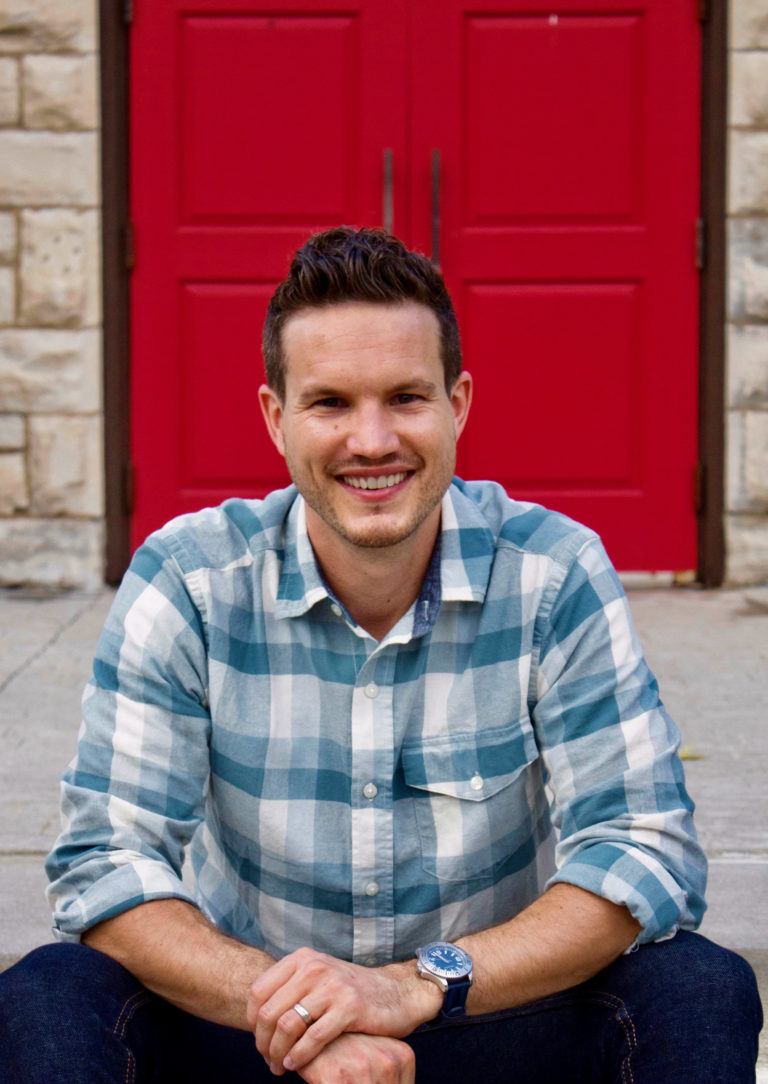We talk a lot about Everyday Peacemaking outside of the church. But what does it look like within the church?
What will it take for us to make peace with ourselves?
Peacemaker-pastor Mac McCarthy shares insights from his own experience:
“I took a sabbatical for three months—as in, zero communication with anyone for three months—and when I came back to the church, it was pretty shocking. The most disorienting thing was the polarity I encountered around these major political issues. Conversations between church members weren’t going very well, and we as a staff realized quickly how much could be solved if we had more relational maturity and healthy communication practices, so I created a course called Emotional Intelligence in the Way of Jesus and used our staff as guinea pigs.”
With more and more churches permanently closing in the wake of the pandemic, with political division on the rise, and with congregations still torn about the realities of racism, many wonder what the future of the church in the United States will be. Mac believes we need to get back to the basics.
In building the curriculum, he asked questions like “Where did Jesus embody self-awareness and name what he was thinking and feeling? Where do we notice Jesus being aware of social dynamics? Where do we see Jesus managing himself in conflict and in various relational situations?”
Those questions set the template for the emotional intelligence training and he tested it with his staff, then with his church’s elders, and eventually within the congregation.
Here’s what he discovered:
“When you invite white Christians away from a political allegiance and into a Kingdom allegiance, they get upset and often threaten to leave your community.” He’s discovering that what they need in that moment is gracious space, permission, and tools to interrogate their discomfort. For peacemakers, this requires the slow, inefficient work of presence.
As Mac puts it: “You can talk about this stuff in a way that is devastating to people and churches, especially if the conversation is rushed. I’m learning that the journey from political allegiance to Kingdom allegiance isn’t like turning a jet-ski. It’s more like turning the Titanic. It requires slow, careful, relational work. If we’re willing to do that work, we will see change.”
Friends, peacemaking pastors like Mac McCarthy give us tremendous hope. For in his practice, we see the slow, measured, thoughtful commitment to walk at the pace of relationship, to demonstrate resilience in the face of white fragility, and to courageously call folks out of bondage and into freedom.
Author: Matt Willingham
 Matt Willingham is a writer, photographer, and content creator with over ten years experience living and working in some of the hardest-hit conflict zones in the world. He and his wife, Cayla, are now based in San Diego where they’re raising three little peacemakers and working to promote empathy and understanding in their community.
Matt Willingham is a writer, photographer, and content creator with over ten years experience living and working in some of the hardest-hit conflict zones in the world. He and his wife, Cayla, are now based in San Diego where they’re raising three little peacemakers and working to promote empathy and understanding in their community.
@matt.willingham

